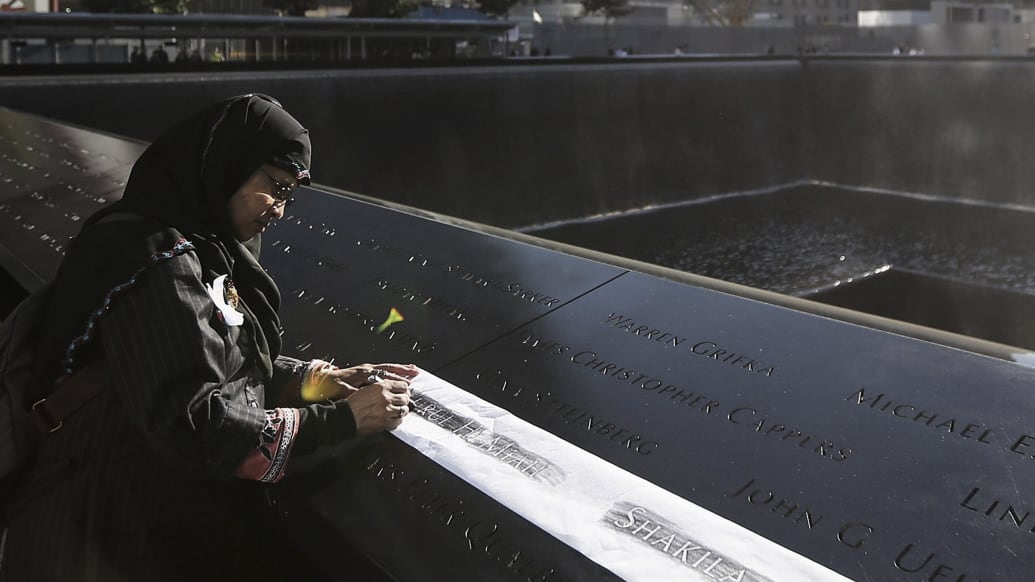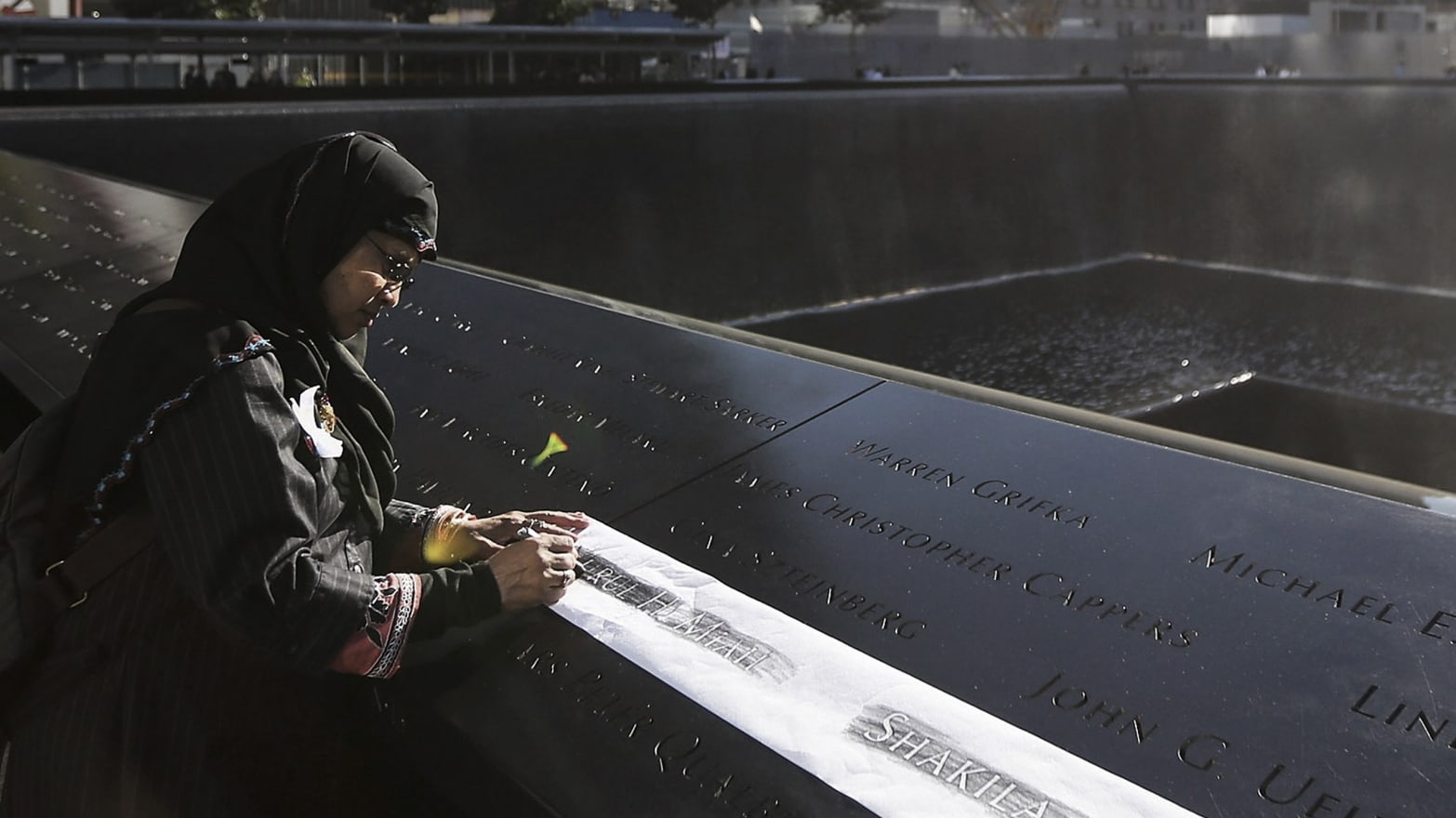The National September 11 Memorial Museum should be known as a moving tribute to the victims of the terrorist attacks. Instead it has found itself engulfed in a growing dispute, with museum officials ignoring the concerns of some interfaith leaders and refusing to release a controversial video to the media, and one museum board member accused of harboring anti-Muslim sentiments.

At the center of the discord is “The Rise of Al Qaeda,” the six-minute video that will be featured at the 9/11 museum, scheduled to open May 21. Museum officials say the video “does not purport to be a film about Islam or in any way generalize that Muslims are terrorists.” They also note that “Rise of Al Qaeda” does not use the term “Islamic terrorism” and describes the 9/11 terrorists as “fringe elements.”
That sounds fair. But when I spoke to members of the interfaith panel invited by the museum to view the video and provide feedback, they painted a far different picture. Peter Gudaitis, chief executive of the New York Disaster Interfaith Network and a member of the panel, said that after the screening, every single one of the 10 religious leaders present voiced concerns that the video didn’t do enough to separate Al Qaeda from mainstream Islam. He called the film in its current form “reckless.”
Rev. Chloe Breyer, director of the Interfaith Center of New York and another member of the museum’s advisory interfaith panel, echoed Gudaitis. She strongly denied the assertion of some on the right that interfaith panel wants any mention of Islam removed from the exhibit. “Context is the key,” she said, and without it viewers could be led to believe that al Qaeda and mainstream Islam are one and the same.
To clear up any misconceptions, Rev. Breyer and Gudaitis suggest a disclaimer be inserted at the beginning of the video explaining that al Qaeda does not represent mainstream Islam. And if it is too late to make such an edit, they suggest posting a sign to that effect by the video installation. But Clifford Chanin, the museum’s education director, told Fox News last week, “The film will be shown as we developed it.”
At this point, you’re probably thinking, “Let’s take a look at the video so we can see what’s up.” My thoughts exactly—but my request to watch the short film, along with those of other media outlets, was met with a resounding “no.” The museum’s director, Alice Greenwald, said in an email that the museum issued the denials because it wants the video to be viewed only in the context of the other exhibits.
But many visitors to museums don’t see every exhibit in the order the curators would like, potentially undermining the museum’s goal of buffering the possible negative impact of this video. And, as a former trial attorney, I find that when a party won’t release a key piece of information, it’s generally because that information will hurt their argument, bolster their opponent’s, or both.
What’s behind the museum’s actions? A theory advanced by Gudaitis is that Debra Burlingame, one of the 11 members of the museum’s program board, which decides content, has espoused anti-Muslim views. As a result, according to Gudaitis’s theory, she may not be objective about content decisions and might be influencing museum officials in a negative way. (That view was also expressed by another person involved who requested anonymity.)
Burlingame is the sister of Charles Burlingame, the pilot of the American Airlines flight that crashed into the Pentagon on 9/11, killing all aboard. My research found that her past comments about Islam have been troubling, to say the least. In 2010, she issued a press release denouncing President Obama’s support of the “Ground Zero Mosque.” That place of worship, she claimed, would spread Sharia law across the United States, leading to the “subjugation of all free people, including secular Muslims who come to this country fleeing that medieval ideology, which destroys lives and crushes the human spirit.”
Burlingame also recently wrote a letter attacking the Liam Neeson film Non-Stop because the hijacker in the film is a military combat veteran and “worse, the flight’s quiet hero who comes to the aid of the protagonist, thereby saving the day, is a Muslim doctor.”
These are just a small sample of the type of statements Burlingame has made. I twice reached out to her for comment via the email address on her organization’s Web site. Her colleague did respond on Sunday, saying he would forward her my email, but she still has not answered me. I also asked the museum whether Burlingame had any input in “The Rise of Al Qaeda,” but officials did not respond to two requests for comment on the issue.
The museum’s denial of media requests to see the video and the involvement of Burlingame in content decisions, as well as the dismissal of comments from the museum’s own interfaith panel, are a distraction from its mission that could end up tarnishing the important work it is charged with doing.
The museum’s Web site promises that it will be a “collaborative process” and that many people will have a “voice in the process” in formulating its content. It’s time the museum officials live up to their own words and become more transparent and forthcoming.

